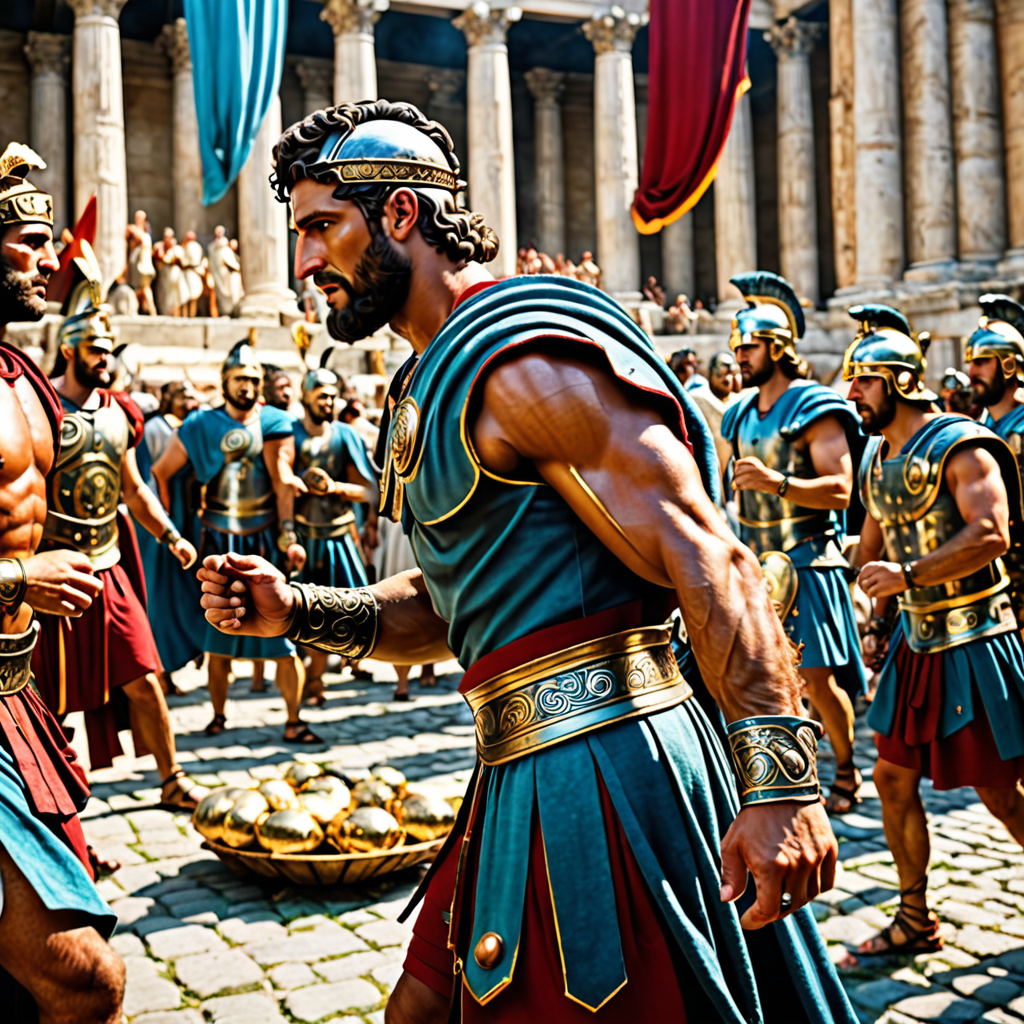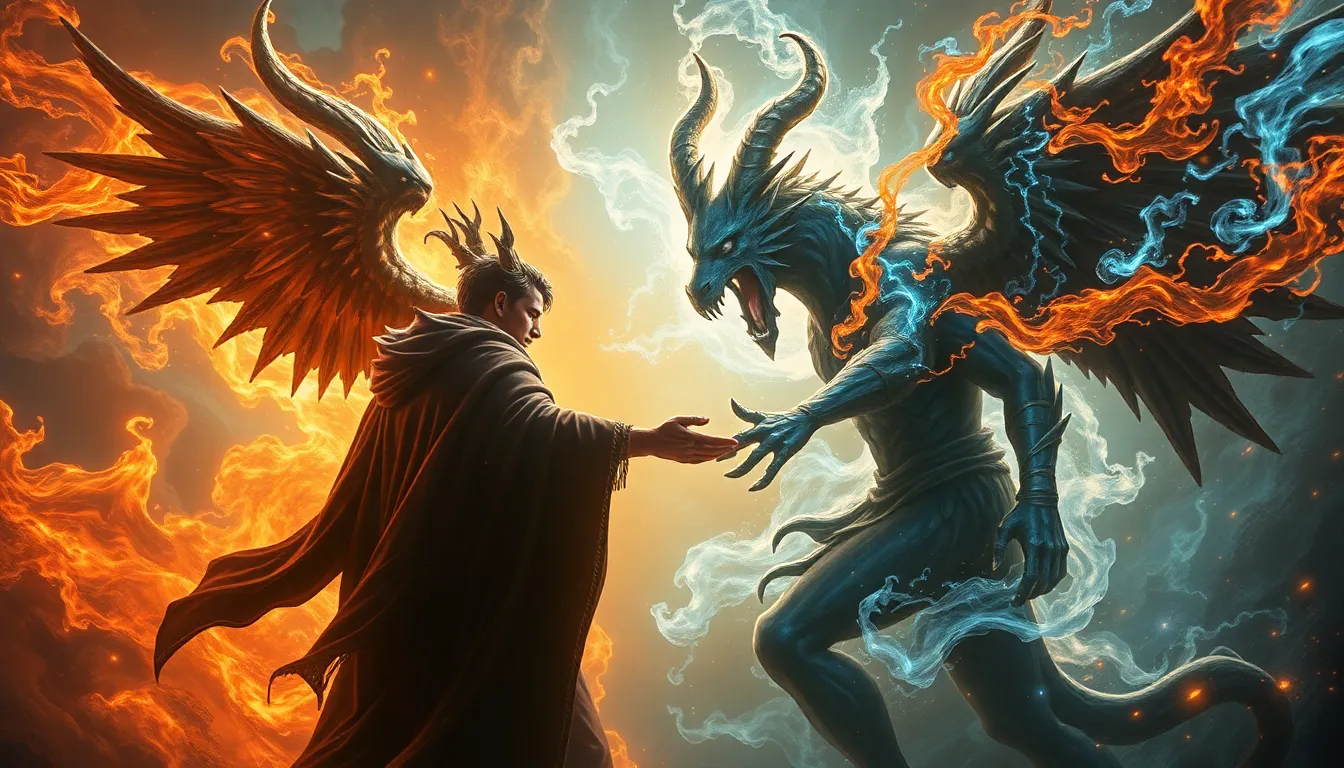The Mythological Origins of Roman Festivals and Celebrations
Roman festivals and celebrations were deeply intertwined with the mythology and beliefs of ancient Roman culture. These events were not just occasions for revelry, but also held significant religious and symbolic meanings. Let’s delve into the mythological origins that shaped some of the most important Roman festivals.
The Festival of Saturnalia
Saturnalia was one of the most popular Roman festivals, honoring Saturn, the god of agriculture and harvest. This festival, held in December, was a time of unrestrained merrymaking, feasting, and gift-giving. Its origins can be traced back to the Golden Age of Saturn, a mythical era of peace and abundance ruled by Saturn.
The Lupercalia Festival
Lupercalia was a fertility festival dedicated to Faunus, the Roman god of nature and fertility, as well as the she-wolf who nursed Romulus and Remus. Celebrated in mid-February, Lupercalia involved purification rituals and the famous “running of the Luperci,” where men clad in goat skins would run through the streets, symbolizing fertility and warding off evil spirits.
The Bacchanalia Celebrations
Bacchanalia was a wild and ecstatic Roman festival dedicated to Bacchus, the god of wine, ecstasy, and liberation. The origins of Bacchanalia are rooted in the myth of Dionysus, the Greek god of wine, whose worship was later adopted by the Romans as Bacchus. These festivals were marked by wine-drenched revelry, dancing, and even trance-like states to connect with the divine.
Conclusion
Understanding the mythological origins of Roman festivals and celebrations helps us appreciate the deep spiritual and cultural significance that these events held for the ancient Romans. These celebrations were not just about entertainment but were integrated into religious beliefs and practices, reinforcing the connection between myth, worship, and community.
Frequently Asked Questions about The Mythological Origins of Roman Festivals and Celebrations
What are Roman festivals and celebrations?
Roman festivals and celebrations were traditional events in ancient Rome that honored various gods and goddesses, marked important dates in the agricultural calendar, and celebrated significant historical events.
What is the connection between Roman mythology and festivals?
Roman festivals often had mythological origins, with many being dedicated to specific Roman deities or inspired by legendary tales. These celebrations reinforced cultural beliefs and served as a way to honor and appease the gods.
How did mythology influence Roman festival traditions?
Mythological stories and beliefs influenced the rituals, ceremonies, and activities that took place during Roman festivals. For example, the Lupercalia festival honoring the she-wolf that nursed Romulus and Remus, the founders of Rome, showcased the intertwining of mythology and celebration.
Which Roman festivals were directly linked to mythological stories?
Festivals like Saturnalia, dedicated to the god Saturn, and the Bacchanalia, in honor of Bacchus, the god of wine, were closely tied to mythological narratives. These celebrations often involved reenactments of myths, processions, feasting, and offerings to the respective deities.
How did Roman mythology shape the cultural significance of festivals?
Roman mythology provided the foundational stories and




